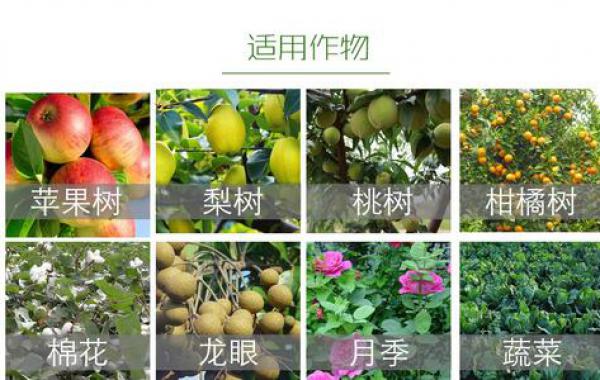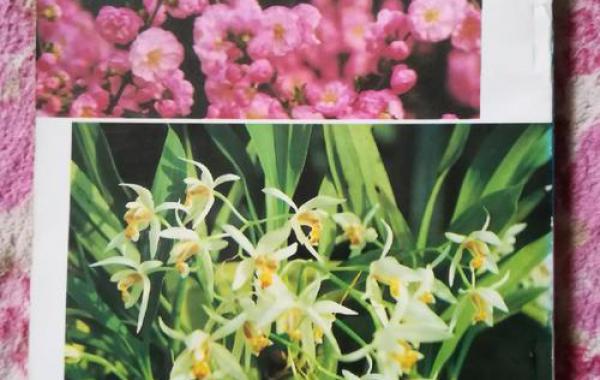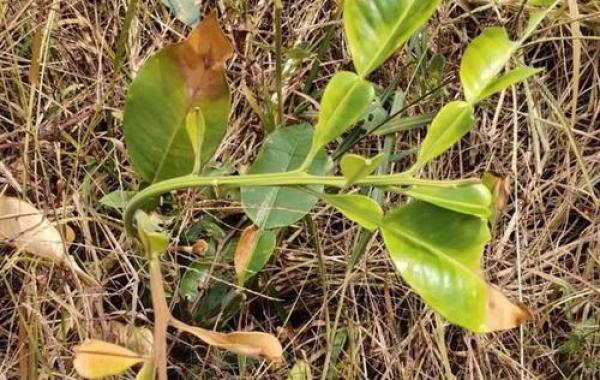Which pesticides and flowers must be used with caution?

Which pesticides and flowers must be used with caution.
There are several kinds of pesticides that flowers must use with caution:
Dimethoate, omethoate: particularly sensitive to kiwifruit, avoid use; to plum blossom, cherry blossom, peach, elm leaf plum, stick stem begonia, apricot, pear and other Rosaceae ornamental plants, have obvious drug damage. The above ornamental plants are not suitable to use dimethoate and omethoate.
Dichlorvos: obvious drug damage to ornamental plants such as plum blossom, cherry, peach, apricot, elm leaf plum, 20th century pear, Jingbai pear, etc., usually other kinds of insecticides should be used. Rhododendron, steamed bread willow, kiwifruit, Robinia pseudoacacia, walnut and melons should be very cautious when using pesticides to control these plant pests.
Trichlorfon: it has harmful effects on cherry blossoms, plum blossoms, Jinshuai varieties in apples and so on.
Stone-sulfur mixture: it is harmful to peach, plum, plum, pear and other Rosaceae plants. If stone-sulfur mixture is used on these plants, it is best to spray it in the deciduous season, not in the growing season or during the flowering and fruiting season.
Bordeaux liquid: sensitive to peaches and plums in the growing season; pears, apricots and persimmons are prone to drug damage when the amount is lower than the multiple amount, and grape is prone to drug damage when the amount is higher than the accompanying amount.
Petroleum emulsion: it is easy to cause drug damage to some peach varieties, and it is best to use it in the deciduous season.
In order to prevent pesticides from causing drug damage to many ornamental plants, the first is to purposefully switch to other high-efficiency and non-harmful pesticides; the second is to reduce the concentration as far as possible; the third is not to spray under the condition of high temperature and humidity.
Dimethoate and omethoate: kiwifruit is particularly sensitive and forbidden; plum blossom, cherry, cherry, peach, elm plum, pedicel begonia, apricot, pear and other ornamental plants of Rosaceae can produce obvious drug damage. Dimethoate is also very harmful to shrimp flowers and coral flowers of the family Euphorbiaceae. If you spray dimethoate between June and October, it will often cause petals to wither and curl, leaves, inflorescences and branchlets to fall off, and lose their ornamental value. In addition, dimethoate also has a certain effect on melons. Therefore, the above ornamental plants can choose other kinds of pesticides.
Dichlorvos: dichlorvos has obvious drug harm to ornamental plants such as plum blossom, cherry, peach, apricot, elm leaf plum, etc. Dichlorvos can usually be changed to other kinds of insecticides; dichlorvos also has varying degrees of drug damage to rhododendron, steamed bread willow, kiwifruit, acacia, walnut and melon, etc., and should be very careful when using pesticides to control pests of these plants, so as not to cause unnecessary losses.
Trichlorfon: trichlorfon is harmful to cherry blossoms, plum blossoms, Jinshuai varieties in apples and so on.
Stone-sulfur mixture: stone-sulfur mixture is harmful to peach, plum, plum, pear and other Rosaceae plants. If stone-sulfur mixture is used on these plants, it is best to spray it in the deciduous season, not in the growing season or during the flowering and fruiting season. Stone-sulfur mixture is harmful to kiwifruit, grape, cucumber and legume flowers to a certain extent.
Fenitrothion: the use of fenitrothion to kill insects in high temperature season will not only cause serious drug damage to pomegranate, but also cause great harm to cruciferous flowers.
Bordeaux liquid: Bordeaux solution is sensitive to peaches and plums in the growing season; pears, apricots and persimmons are prone to drug damage when they are lower than the multiple type; and grapes are prone to drug damage when they are higher than the same amount.
Turpentine mixture: the use of turpentine mixture has obvious drug damage to persimmon in summer and adverse effects on citrus in spring and summer.
Chlordimeform: when using chlordimeform to control flower pests, it should be avoided on hibiscus and dahlia.
Topiramate: when controlling diseases and insect pests of kiwifruit, you should avoid the use of topiramate.
Petroleum emulsion: Petroleum emulsion is easy to cause drug damage to some peach varieties, and it is best to use it in the deciduous season.
In order to prevent pesticides from causing drug damage to many ornamental plants, the first is to purposefully switch to other pesticides with high efficiency and no harm, the second is to reduce the concentration as far as possible, and the third is not to spray under the condition of high temperature and humidity, so as to avoid losses. in addition, attention should be paid to the rational mixed use of pesticides.
Related
- What if the leaves of potted flowers turn yellow?
- Florescence Control of several Flowers
- Anti-freezing technology and post-freezing nursing technology of flowers
- What is the classification of flowers? What are the common methods of flower classification?
- Prevention and control of alkali and acid damage of flowers in courtyard
- Technology of Anti-freezing and restoring growth of Flower seedlings in greenhouse and greenhouse
- How does flower fertilization not hurt the root? Fertilization technology of flowers
- Key points of disinfection in flower greenhouse
- Several pesticides that are banned or used cautiously in flowers
- How to fertilize the flowers that watch the leaves?



